Eastbourne women team up to help hoarders
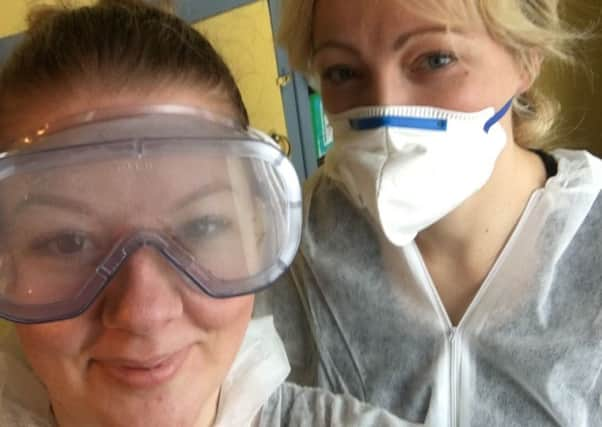

Behind closed doors, someone could be living in clutter which just piles up and up and gets completely out of hand.
Who hasn’t got a pile of bills somewhere which they should probably have gotten rid of? Or a clutch of sentimental items in the loft you haven’t laid eyes on in years?
Advertisement
Hide AdAdvertisement
Hide AdBut for some people, these objects take over their homes and their lives.
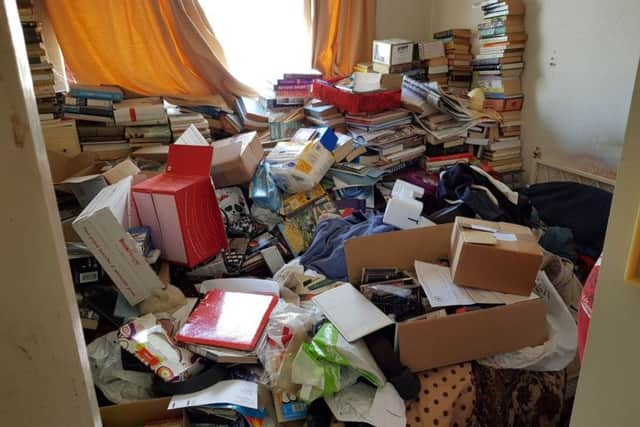

Now hoarding is recognised as a disorder on its own. And two Eastbourne businesswomen want it to be taken more seriously.
Zara O’Brien and Amelia Trevorrow decided to team up to form Daisies decluttering services, an Eastbourne-based cleaning company which offers a sensitive approach to those who may be struggling to keep on top of things.
“Like any mental illness, it’s triggered by trauma,” Amelia said, “A lot of people who become hoarders are very well educated, some come from very wealthy backgrounds.
Advertisement
Hide AdAdvertisement
Hide Ad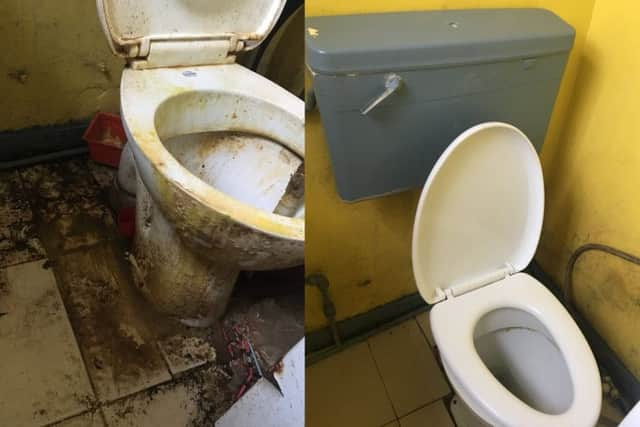

“I reckon each street has one person. Sometimes you can tell just at looking in someone’s windows at the stuff. It’s sharing that kindness. It’s breaking that cycle.”
The pair – who have 30 years’ experience in the care service between them – won an award at this year’s Women in Business Awards and are hoping to raise awareness of the debilitating disorder.
Amelia, 35, said, “One man hadn’t been able to access his lounge for months. There was mice droppings, we saw things run.
“It’s quite shocking to think that’s got as bad as it has. But it was about making it home for him again.”
Advertisement
Hide AdAdvertisement
Hide Ad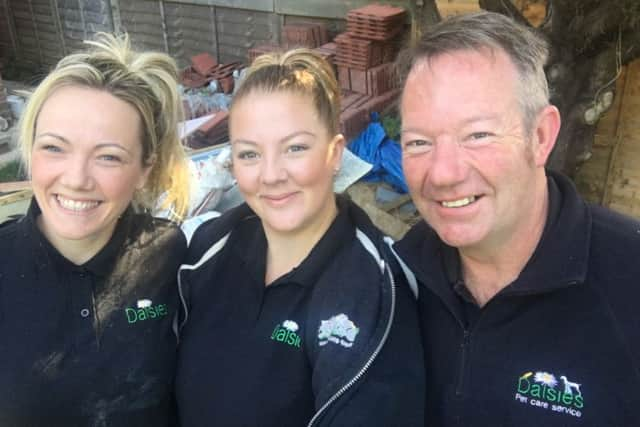

She said in one woman’s house, she counted about 17 chairs in a room – but you couldn’t sit on any of them because they were covered in clutter.
While Zara, 32, described one declutter, “There was a place on his bed the size a cat could curl up on.
“That bedroom was one of the biggest challenges.
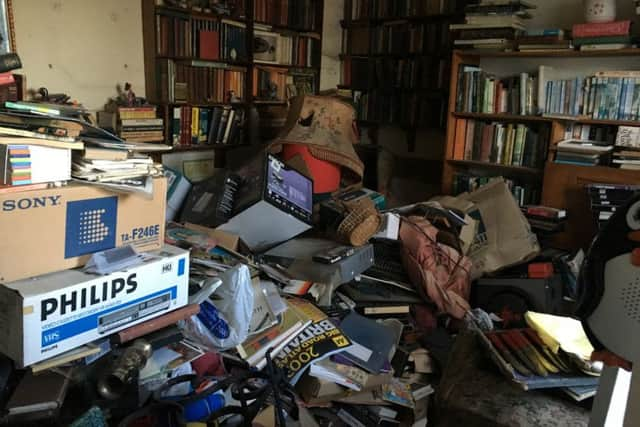

“He was a teacher. There was something traumatic and life unravelled from there.”
The pair were called in because the hoarding had got so bad it was compromising the building’s structure.
Advertisement
Hide AdAdvertisement
Hide AdHoarding can become dangerous as a fire and trip hazard, and can lead to unhygienic conditions, allowing rodents and insects to thrive.
But it also can lead to homelessness, due to people getting evicted from their homes.
Zara said, “There is a lot of discussion about social isolation and loneliness but hoarding’s not very often spoken about.”
She said people don’t often recognise themselves as hoarders, and Daisies prefers to use the term ‘decluttering’.
Advertisement
Hide AdAdvertisement
Hide Ad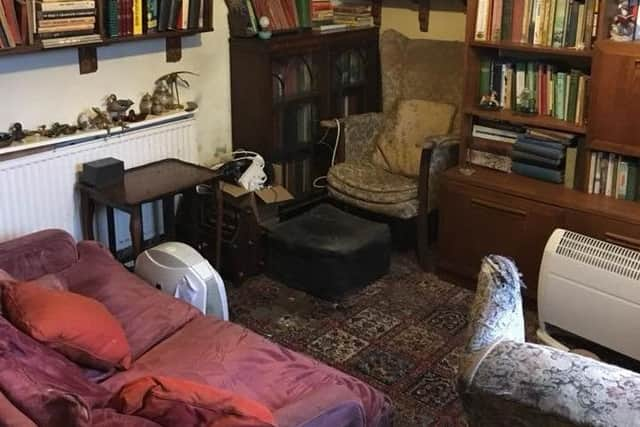

The items range from books, to VHS tapes, clothes, and old bills. “People are cautious about what they can destroy,” Zara said, “Sometimes it’s the attachment to things.
“It doesn’t matter how many we have done now. It hits home every singly time and the sense of achievement every time is incredible.
“It’s the opportunity to make a difference to someone’s life, help them out of that dark place.”
She went on, “The health and social care budget is dwindling, so it’s making sure people are supported. Just ask for help, don’t be embarrassed.”
Advertisement
Hide AdAdvertisement
Hide AdThey are hoping to link with the local authorities so people don’t end up falling through the cracks.
The NHS says around one or two people in every 100 have a problem with hoarding that seriously affects their life.
To find out more, visit daisiesdecluttering.com or the charities hoardinguk.org or helpforhoarders.co.uk for support.